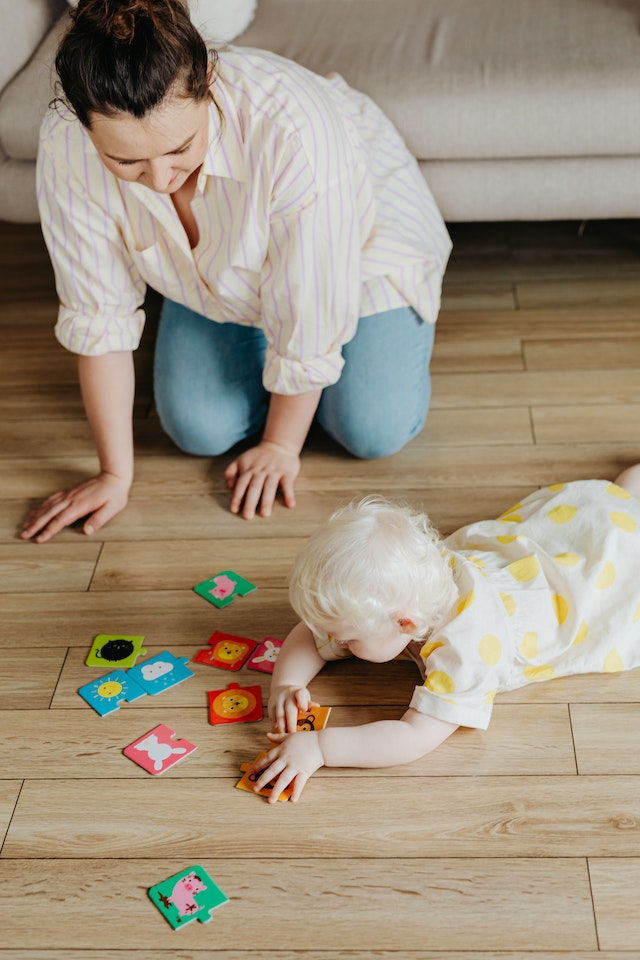Introduction:
As a seasoned Pediatrician with 21 years of experience, I understand that temper tantrums are a common challenge for parents of toddlers.
These outbursts of frustration and emotions can be overwhelming and leave parents wondering how to manage them effectively.
In this article, we will explore some proven strategies for handling toddler temper tantrums and promoting positive behavior in your little one.
Stay Calm and Patient:
It’s important for parents to remain calm and composed during a tantrum.
Take deep breaths and remember that tantrums are a normal part of a toddler’s development.
Keeping a calm demeanor helps model self-control and teaches your child to regulate their emotions.
Validate Your Toddler’s Feelings:
Acknowledge and validate your toddler’s emotions.
Let them know that you understand they’re upset or frustrated.
Use simple and comforting phrases like, “I see that you’re feeling angry right now.
It’s okay to feel that way, but we need to find a better way to express it.”
Offer Distraction or Diversion:
Redirecting your toddler’s attention can be an effective strategy to prevent or diffuse a tantrum.
Engage them in a different activity, introduce a new toy or game, or change the environment to shift their focus away from the triggering situation.
Establish Clear and Age-Appropriate Boundaries:
Consistent discipline and setting limits help toddlers understand boundaries.
Establish clear rules and expectations, and communicate them in simple and positive language.
For example, instead of saying, “Don’t do that,” say, “We use gentle hands to touch.”
Provide Choices and Empowerment:
Toddlers crave a sense of independence. Offer them choices within limits to help them feel in control.
For instance, ask, “Do you want to wear the red shirt or the blue shirt today?” This empowers them and reduces frustration that can lead to tantrums.
Use Positive Reinforcement:
Praise and reward your toddler’s positive behavior.
Celebrate their efforts, achievements, and cooperation.
This positive reinforcement encourages desired behavior and helps minimize tantrums.
Establish Consistent Routines:
Toddlers thrive on routine and predictability.
Establish consistent daily routines for meals, naps, playtime, and bedtime.
Predictability helps them feel secure and reduces anxiety that can trigger tantrums.
Teach and Encourage Effective Communication:
Toddlers often struggle to express their needs and emotions verbally.
Encourage the use of simple words, signs, or gestures to help them communicate their desires and frustrations.
Modeling effective communication and using age-appropriate language can also assist in preventing tantrums.
Practice Empathy and Understanding:
Put yourself in your toddler’s shoes and try to understand their perspective.
Empathy and compassion go a long way in diffusing tantrums.
Offering comfort and understanding can help your child feel supported and loved.
Seek Professional Guidance if Needed:
If your toddler’s temper tantrums are persistent, severe, or interfering with their daily functioning, consider consulting with a Pediatrician or child development specialist.
They can provide further guidance and support tailored to your child’s specific needs.
Conclusion:
Managing toddler temper tantrums requires patience, consistency, and understanding.
By staying calm, validating their feelings, offering distractions, setting boundaries, and promoting effective communication, parents can help their toddlers navigate through this challenging phase.
Remember that every child is unique, and it may take time to find the strategies that work best for your toddler.
With love, consistency, and a supportive approach, you can guide your child towards positive behavior and emotional regulation.
![]()











